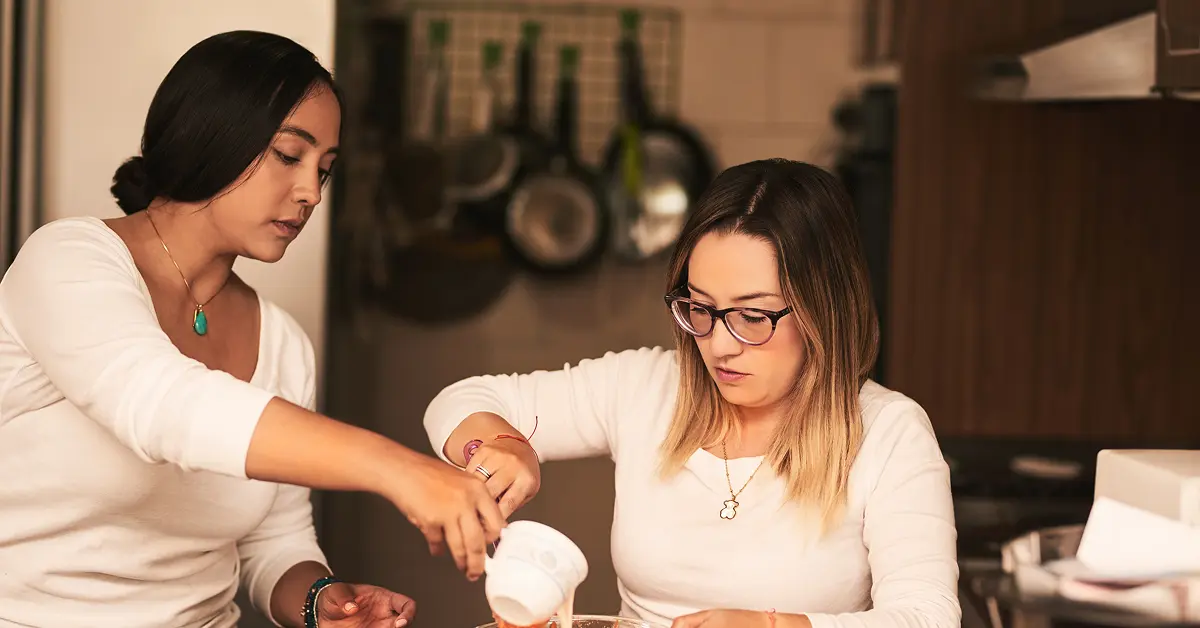In India, caregiving is a natural extension of familial responsibilities, especially when it comes to elderly or disabled relatives. However, becoming a legal caregiver—with rights to make decisions and access services on their behalf—requires a formal process. This is crucial for managing healthcare decisions, finances, and accessing government benefits.
In this blog, we’ll walk you through how to legally become a caregiver for a relative in India, the documents you need, legal routes you can take, and available support systems.
What Does It Mean to Be a Legal Caregiver?
A legal caregiver is someone who is formally authorised to care for another person and make decisions on their behalf. This could involve:
- Making medical and health-related decisions
- Managing financial and property matters
- Accessing government schemes or benefits
- Signing legal documents on the relative’s behalf
Unlike informal caregiving, legal caregiving gives you official rights recognised by hospitals, banks, and courts.
Who Can Become a Legal Caregiver?
In India, close relatives—such as spouses, children, siblings, or even extended family members—can become legal caregivers. However, the process may differ depending on whether the person is:
- A senior citizen
- Mentally or physically disabled
- Diagnosed with a degenerative condition like Alzheimer’s
- A minor without parents
When Do You Need to Become a Legal Caregiver?
You may need to become a legal caregiver if:
- Your relative cannot make decisions due to illness or disability
- They need help accessing government welfare schemes like Disability Pension, PMJAY, or IGNOAPS
- You need legal power to handle their finances, property, or insurance
- Hospitals or banks request legal authorisation for actions you take on their behalf
Steps to Become a Legal Caregiver in India
Step 1: Obtain a Medical Certificate
The first requirement is proof that your relative is unable to manage their own affairs. Get a medical certificate from a government hospital or registered medical practitioner confirming:
- Physical or mental disability
- Chronic illness (like dementia or paralysis)
- Inability to perform daily activities
Step 2: Apply for Guardianship (If Required)
Under the Rights of Persons with Disabilities (RPWD) Act, 2016, you can apply for guardianship through the District Legal Services Authority (DLSA) or State Commissioner for Persons with Disabilities.
There are two types of guardianship:
- Limited Guardianship – Shared decision-making with the relative
- Plenary Guardianship – Complete authority to make decisions on their behalf
Step 3: Draft a Power of Attorney (PoA)
If your relative is still mentally sound but physically unable, they can grant you Power of Attorney (PoA). This gives you legal authority to:
- Operate bank accounts
- Sign legal documents
- Make health-related decisions
- Manage property
Types of PoA:
- General PoA: Covers all matters
- Special PoA: Specific to certain functions (e.g., only for medical care or property)
PoA must be notarised and, if needed, registered at the sub-registrar’s office.
Step 4: Register as a Legal Heir or Nominee (If Applicable)
For pension, insurance, or property matters, register yourself as a nominee or legal heir. Documents you may need include:
- Aadhaar card
- Ration card
- Relationship proof
- Death certificate (if spouse is deceased)
- Succession certificate (if other heirs exist)
Essential Documents Required
Here is a list of documents commonly needed:
- Medical certificate
- Aadhaar and PAN card (of both caregiver and relative)
- Birth certificate or relationship proof
- Affidavit stating your caregiving responsibility
- PoA or guardianship order
- Utility bill for address verification
- Two passport-sized photographs
- Notarised declaration (if applying for limited guardianship)
Legal Aid and Resources Available in India
You don’t have to do this alone. Here are some resources to help you:
- District Legal Services Authority (DLSA) – Free legal help for guardianship
- National Trust – Helps with legal guardianship for disabled persons
- NGOs like HelpAge India, Dignity Foundation – Offer legal and counselling support
- Common Service Centres (CSC) – Assist with filing online PoA and registration
- Lok Adalats – Useful for settling disputes or getting succession certificates faster
Important Laws That Apply
Some key laws that govern legal caregiving in India include:
- Mental Healthcare Act, 2017
- Rights of Persons with Disabilities Act, 2016
- Maintenance and Welfare of Parents and Senior Citizens Act, 2007
- Indian Succession Act, 1925
- Indian Contract Act, 1872 (for PoA)
Challenges and How to Overcome Them
Challenge 1: Lack of Awareness
Many families are unaware that caregiving can be legalised. Start by educating yourself and others in your community.
Challenge 2: Bureaucracy
Government offices can be slow. Use legal aid clinics and digital platforms like DigiLocker, eCourt, and CSCs for faster processing.
Challenge 3: Family Disputes
If multiple family members want decision-making rights, consider going through Lok Adalat for resolution or obtaining a family settlement deed.
Benefits of Being a Legal Caregiver
- Legal right to act on behalf of your relative
- Peace of mind for the whole family
- Easier access to government schemes like:
- Disability Pension (INR 500–1500/month)
- PM-JAY (Ayushman Bharat health insurance)
- Senior Citizen Schemes (IGNOAPS, Annapurna Yojana)
- Protection in case of future legal disputes
- Ability to make timely medical decisions
Conclusion
Becoming a legal caregiver for a relative in India is both a responsibility and a service. With increasing cases of age-related illnesses, disabilities, and mental health issues, formalising your role as a caregiver ensures that your loved one gets the best care—legally, medically, and financially.
Follow the legal steps outlined above, use the available resources, and stay informed about your rights and responsibilities. Legal caregiving is more than a process—it's a commitment rooted in love, duty, and dignity.
Contents
- What Does It Mean to Be a Legal Caregiver?
- Who Can Become a Legal Caregiver?
- When Do You Need to Become a Legal Caregiver?
- Steps to Become a Legal Caregiver in India
- Essential Documents Required
- Legal Aid and Resources Available in India
- Important Laws That Apply
- Challenges and How to Overcome Them
- Benefits of Being a Legal Caregiver
- Conclusion
Our 24*7 services
Latest Posts
- What Is Respite Care and Why Is It Important
- Affordable home care for senior citizens in India
- Caring for Seniors with Dementia or Alzheimer's at Home
- Senior Caregiving A Guide for Every Family
- How to Write a Caregiver Resume That Gets You Hired
- How Care After Hospital Discharge Speeds Up Recovery at Home
- How to Get Home Health Care for Seniors Through Medicare
- What Does a Senior Citizen Caregiver Really Do at Home
- How to Care for Elderly Parents with Alzheimer’s or Dementia
- How to Get 24-Hour Care for Seniors at Home



